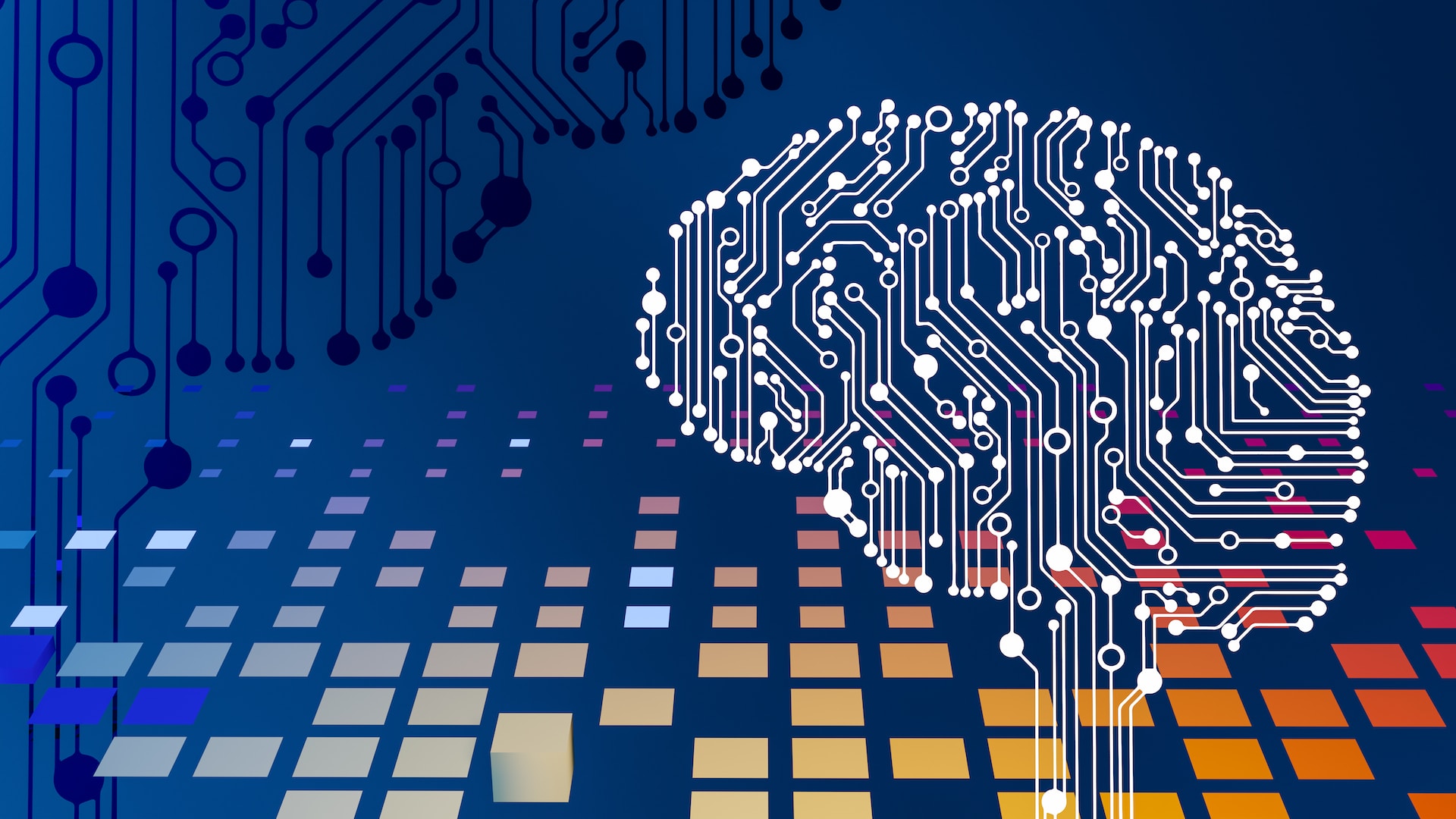The world of technology has been shaken up in recent years as advancements in artificial intelligence (AI) have disrupted traditional business models and created new opportunities for companies willing to embrace change. From Chegg, an education technology company, to Samsung, a global leader in electronics, AI is changing the game for businesses across various industries.
Chegg, a popular platform that offers students access to online textbooks and tutoring services, has leveraged AI to revolutionize its business model. With the help of AI algorithms, Chegg has been able to personalize the learning experience for each individual student by recommending textbooks, practice problems, and tutors that are tailored to their specific needs. This level of personalization has led to increased engagement and retention rates among students.
Samsung has also been at the forefront of the AI revolution, investing heavily in research and development to stay ahead of the competition. The company has integrated AI into its products, from smartphones to smart TVs, to offer users a more seamless and personalized experience. Samsung’s AI-powered Bixby assistant, for example, allows users to control their devices with voice commands and even learns their preferences over time to offer more relevant suggestions.
But as AI continues to disrupt traditional business models, some tech giants are facing turmoil. One such example is Google, which has come under fire for its use of AI in developing military applications. In response, thousands of Google employees signed a letter protesting the company’s involvement in projects that could be used for war, leading the company to announce that it would not renew its contract with the Pentagon for Project Maven.
Another challenge facing tech companies is the ethical considerations surrounding AI. As AI becomes more advanced, there are concerns about its potential impact on society, particularly in terms of job displacement and bias. Tech companies are being forced to grapple with these issues and develop ethical guidelines to ensure that their use of AI is responsible and transparent.
Despite these challenges, the potential benefits of AI are clear. By leveraging the power of AI, companies can improve efficiency, personalize the customer experience, and gain valuable insights into their business operations. As the AI revolution continues to unfold, it will be crucial for companies to adapt and embrace change in order to stay ahead of the curve.










